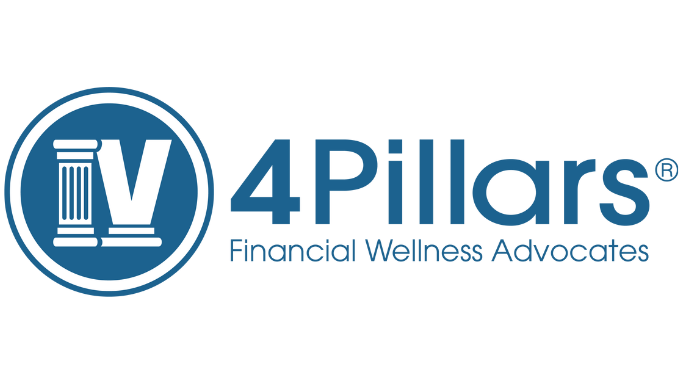The easiest way to earn money without breaking a sweat is to invest it. When it comes to investing, the one norm followed is invest early, reap early. Many financial whizzes will write, talk and advice people that investing money is the best way to make money work for you.
What if you are a student who is burdened with an education debt? Should you still invest? Yes! With your educational loan charging you an average interest of 4.5%, why focus on paying them off if you can invest and earn as much more?
Invest
The outlaying logic completely makes sense. You can earn money while you continue to pay your debt by just investing money. Let’s take a deeper look and break down the numbers.
The Canadian Student’s Federation puts down the average student debt at $27,000. The normal repayment plan proposes that students pay the loan in a period of 10 years with the required minimum payment.
On the other hand, a student can earn more interest from the money they are investing.
Here are a few serious things to consider for an investment.
– The investment benefit is not Immediate
The extra income you earn from the investment is not given to you immediately. Usually, only at the end of the investment period will you be able to access all the extra income that comes from the investment.
– The Investment is Continuous
Depending on the type of investment you take, you may be required to keep putting money in regularly. This requires you to constantly have a sufficient flow of money coming in during that period of time.
Debt
Your student debt will remain for the next 10 years according to your repayment plan. However, it is possible to reduce it by paying more than the minimum amount and renegotiating with the lender agency.
Your income
Can you manage your investment and debt simultaneously? For that, you need to have enough of income. If ever your income flow stops, you may not have enough to pay the minimum payment and the investment. In such a case, you may forgo the benefit of the investment, you will become a debt defaulter, and your credit score will fall down.
Additionally, you have to also take into account any other debt like credit cards, mortgage and car loans.
Should you Invest?
When you are a student, it is impossible to say what your employment situation is in the future. Employment situations matter because you need to have money for your debt and investment payment.
Your focus should always be on debt
Let’s introduce you to Brittany Verge who graduated in 2008 and has managed to pay only $2000 of her $25,000 student debt. Whatever extra income you earn should not go into your investment, it must go into your student debt so you can pay it off quickly.
It would be worse, if you are trying to start a family and a student debt is still riding you down.
It is simple – pay off the money you owe, before you actually start investing.


